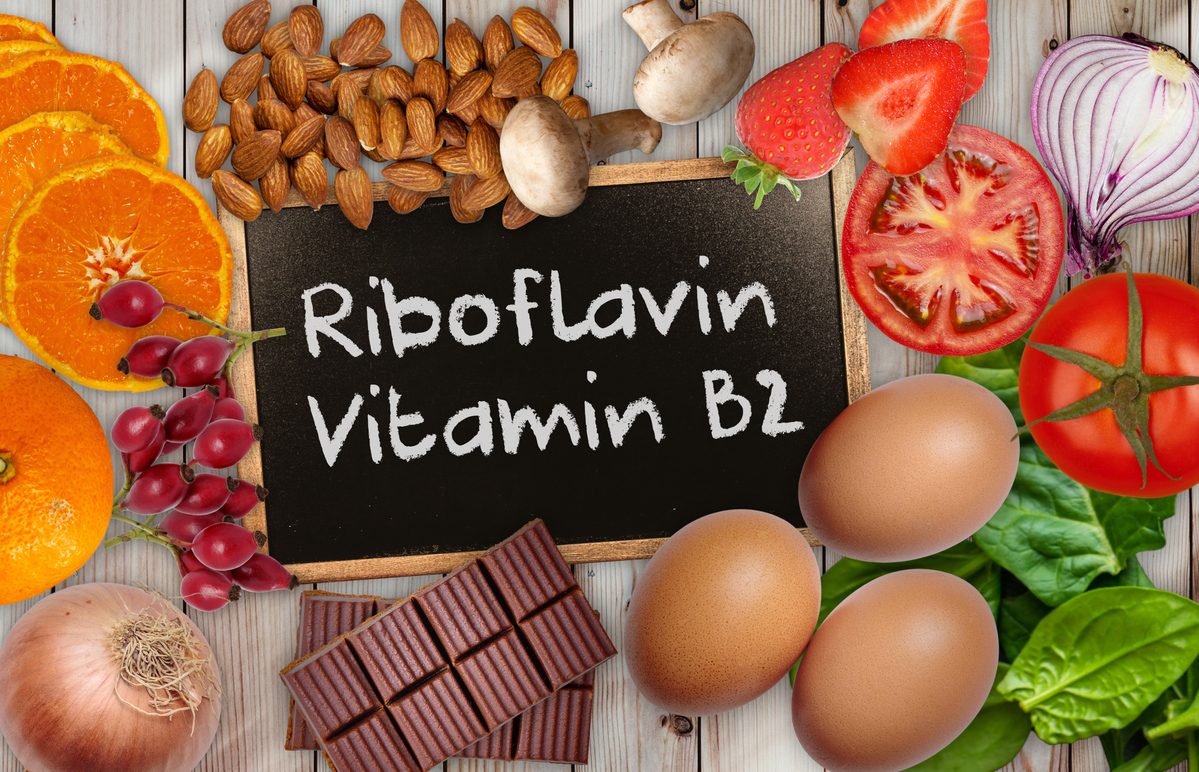Patanjali foot care: DIY Ayurvedic solutions
Discover effective DIY Ayurvedic foot care solutions from Patanjali for revitalized, healthy feet. Explore natural remedies and products for soft, supple soles.
The absorption of Riboflavin mainly occurs in the proximal small intestine. Riboflavin metabolism is closely regulated by the riboflavin status of the individual.

Foods rich in vitamin B2 (riboflavin). Natural sources of vitamin B2: mushroom, spinach, onion, almond, dark chocolate, rose hips, strawberry, orange, egg, tomato.
Human body is a complex machine. We tend to ignore certain symptoms assuming these as a one of the normal kinds which may subside on their own but ignoring these becomes fatal in the long run as these may be due to some serious inherent cause. We tend to ignore cracks in the skin at the corner of the mouth, and fissures of the lips but these may be due to severe nutritional disease Riboflavin deficiency known as ariboflavinosis. This is the deficiency of vitamin B2, a water-soluble vitamin which is the cause of many unexplained troubles in the human body.
The absorption of Riboflavin mainly occurs in the proximal small intestine. Riboflavin metabolism is closely regulated by the riboflavin status of the individual. Conversion of this vitamin to its co-enzymatic forms occurs within the cellular cytoplasm of many tissues, but mostly in the small intestine, liver, heart, and kidney.
According to Vipasha Thakur a research scholar at department of Biotechnology, Panjab University, “since our body cannot produce this vitamin, we have to acquire it from our diet on a regular basis. We need Vitamin B2 for several processes in our body as it is important for nutrient metabolisms like glucose, fats and proteins. It also acts as an antioxidant, it is important for skin, and hair health and immune system functioning.”
Advertisement
Riboflavin deficiency can cause some health issues, such as cracking of the skin at the corners of the mouth and inflammation of the lips, swollen red beefy tongue, sensitivity of eyes to light, and itching of the skin on the face.
Problems occurring due to deficiency of Vitamin B2
Talking to The Statesman correspondent, Dr Stuti Sharma, MBBS, MD, Paediatrician, shared that Vitamin B2 deficiency becomes a significant risk when diet is poor, because the human body excretes the vitamin continuously, so it is not stored. A person who has a B2 deficiency normally lacks other vitamins too which can make your body weak.
There are two types of riboflavin deficiencies:
Sources of Vitamin B2
Eggs, various green vegetables, milk, cheese, mushrooms, almonds, and meat are the good source of Vit B2. It is often added to baby foods, breakfast cereals, pastas, flour and bread as a food supplement. It is heat stable so cooking doesn’t easily destroy it, but it is readily destroyed by ultraviolet light or sunlight. That’s why the labels of many food items suggest that they should be stored in a place away from direct sunlight.
How much Vit B2 do we need?
According to Oregon State University, the recommended daily allowance (RDA) of vitamin B2 for men aged 19 years and above is 1.3 milligrams per day, and for women, it is 1.1 milligram per day. During pregnancy, women should have 1.4 milligrams per day, and when breastfeeding the quantity should be 1.6 milligrams per day.
Precautions
Riboflavin consumed orally has no reported toxicity (Miller and Hayes 1982; Institute of Medicine [IOM] 1998; Expert Group on Vitamins and Minerals [EVM] 2003). As per the reports of adverse effects, relate to animal studies or cell culture research involving either drugs with photo toxicity, intense exposure of lens tissue to ultraviolet light, or both in combination with high levels of riboflavin (Floersheim 1994; Spector et al. 1995), there are no reports of adverse reactions that can be attributed to riboflavin consumed orally from foods or dietary supplements.
Advertisement